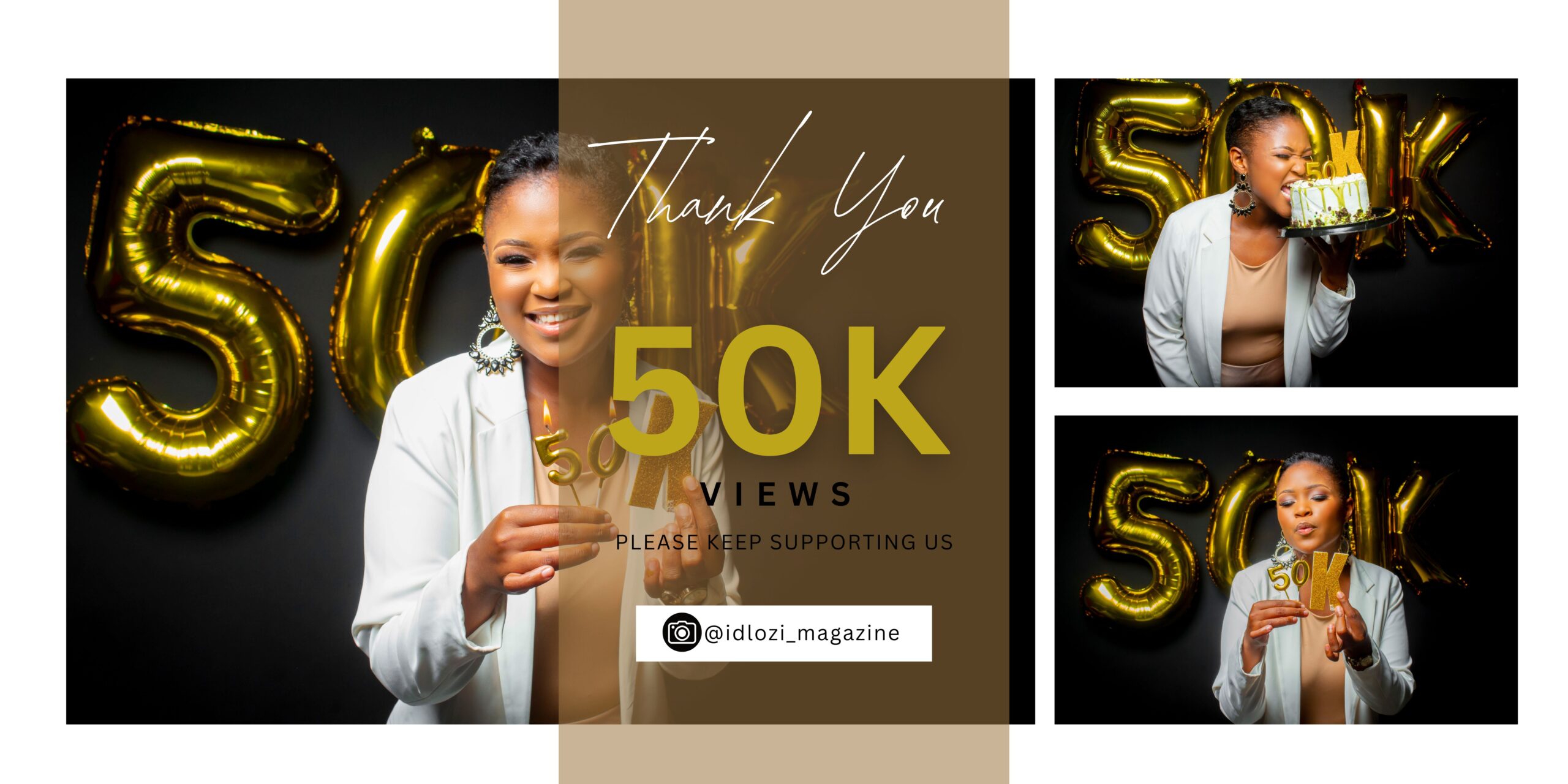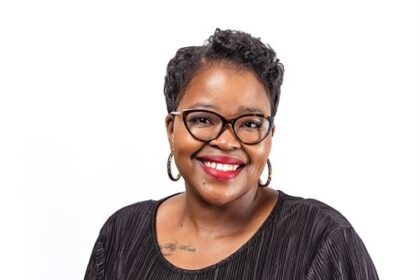Emotionally unavailable partners struggle with connection in their romantic relationships.
They easily feel overwhelmed when they are asked to show more vulnerability by their partners. Or when they have to open up about their feelings.
- They are intrigued by an intellectual partner, rather than an emotional partner.
- They struggle to really express themselves.
- They enjoy a brief conversation with their partners based on facts and one that is at surface level [don’t expect a deep conversation].
One of the many reasons why they start to lose connection in their relationship is when;
- They are emotionally overwhelmed.
- They pull away when you start showing deep signs of caring for them, costantly checking up on them and expecting a response to text messages.
- If they feel that the relationship is demanding vulnerability and it is getting deeper.
- Once you start setting strict boundaries
- Or when you ask about the direction of the relationship. They will pull away!
- The emotionally unavailable partner wants to feel in control. They can very eaily seem selfish and all about themselves. They come across as partners who want a relationship to happen on their own terms;
- To spend time together when they feel like it,
- Chat here and there but nothing with debt and
- make sure you aren’t being sentimental or require them to express themselves
- If you ask me, it’s more of a power struggle and if you really want to maintain this relationship. Make sure you are not crossing these boundaries.
- This may sound more like a fling, but it also depends on what you’re looking for in a partner and a relationship!
- A bulk of their behaviour is based mainly on having childhood trauma’s. Where they mostly grew up unable to express their emotions. With busy, unavailable parents. With no one to listen to them and as a result, they don’t know how to express themselves. They feel a sense of weakness or a blow to their ego once they have to show vulnerability in sharing their feelings. As a result, they choose to break the connection and recoup until they are ready to reach out to you again.
- The dismissive avoidant partner, according to Dr. Sarah Hensley. A Social Psychologist, who has been studying attachment for close to twenty years. Says that a dismissive avoidant partner, pulls away when the three ‘C’s come up;
- Closeness, when closeness is increased.
- Commitment, once there is increased expectations for more commitment
- Conflict, once there is a power struggle in the relationship. Or when they have to show their vulnerabiity. The dismissive avoidant partner is likely to pull away.
- Just when you thought, well there’s no difference between the emotionally unavalable partner and the dismissive avoidant partner. Dr. Hensley, goes on to say that, “dismissive avoidants, were raised without emotional attunement. And with profound emotional neglect. They don’t know that they were emotionally neglected and they don’t know that they’re being distant and weird. They don’t see it.”
- Basically, dismissive avoidant partners and emotionally unavailable partners share one distinct character. Which is lacking emotianal connectivity due to being emotionally neglected as a child and being disappointed where they had their walls down. As a result their ego’s were bruised. These experiences overwhelmed them, shamed them and made them put up this wall everytime they feel emotionally bombarded.
- Where the difference comes in, is that the dismissive avoidant partner has way more boundaries that you can’t cross other than their emotions. You can’t appear to have a strong sense of selfe, want to lay your boundaries and be strict about them. You have to be easily accessible to them when they want you to be but not seem easy or ‘cheap’. So put up a fight, but don’t be too strong. Don’t nag or appear dependent on them for your happiness. Have a life of your own, be spontaneous, mysterious and intriguing. Make them want to know more about you, your dreams and your goals. That’s when they truly have feelings for you. However, don’t show them that
- you’re able to peak over their wall. Give them full power, let them think they are in control by having a life of your own until they are ready to reach out again. Even though deep down, you know you’ve been longing for their attention. Let’s be honest, dating such partners can put a toll on your mental health, where you start questioning your worth.
- Conducting Tarot Card readings over the years. Many of my clients want to know their standing in their relationships. This comes from uncertainty even in marriage where one of the partners seems to pull away often leaving the other wondering where they stand. They often feel unappreciated and unnoticed where their efforts and presence are concerned.
- Being in a relationship that fluctuates. One day the emotions are high and you’re all spooned up and whispering sweet nothings into each others ears. The next it feels flat and you’re often left wondering, what exactly is missing? What aren’t you giving? Are your efforts not enough? Does your partner have other options?
- Honestly, such a relationship can be so emotionally taxing in that it starts eating at your self-esteem and starts affecting other aspects of your life. How you feel about yourself, your relationship and interactions with others, your abiilities and capabilities.
- It’s quite selfish really, because it has nothing to do with you on the receiving end and everything to do with your partner who has to do the work but would rather let you feel like you’re not doing enough by constantly pulling away and you never know what to expect and there’s just little old you, handing all your power to this partner who decides how the relationship plays out on a daily basis.
- Marriage
- If your question, is on marriage or you want to know about long term commitment. The reversed four of cups and XX Judgement cards in a Tarot Ccard reading, show that the particular relationship your’e in is promising.
- Resistence, lack of commitment pulling away
- You’ll see this more in the, reversed hangman. Where the partner is more stubborn in their patterns and resistent to change. They are less likely to go for counselling or talk to anyone about their fears or in working on their childhood trauma’s. As a result you wont see any growth or change and your relationship will feel stagnant while your peers progress in their loving warm marriages and partnerships. Other cards that might show trouble in paradise are the; wheel of fortune, and the six of cups. One partner is more involded and willing to show vulnerability. The other is reluctant to work on the dynamics of the relationship and are resisting any positive change.
- Remember that cards need to be read by a diviner and an intuivive person. I don’t encourage any inexperienced or non-spiritual persons to conduct a Tarot Card reading in finding answers to any question.














